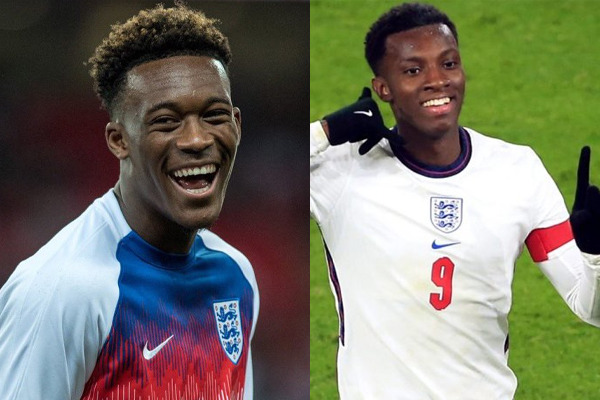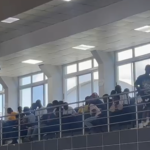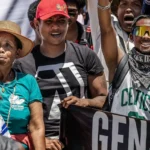As Ghana edges closer to the 2026 FIFA World Cup, one debate continues to dominate football conversations — should the Black Stars open their doors to diaspora players such as Callum Hudson-Odoi and Eddie Nketiah?
Hudson-Odoi, who last played for England in 2019, and Nketiah, who featured as recently as 2023, both have Ghanaian roots and remain eligible to switch allegiance to represent Ghana at the global showpiece. Their potential inclusion could bolster the team’s attacking options, but opinions remain divided among fans and pundits.
Supporters of the idea argue that inviting players like Hudson-Odoi and Nketiah could elevate Ghana’s chances of making a strong statement in North America. Their experience in top European leagues would inject depth, creativity, and cutting-edge finishing into the Black Stars’ forward line — qualities crucial for success on football’s biggest stage.
On the other hand, critics caution that the inclusion of diaspora players at the expense of locally developed or long-serving squad members could disrupt team chemistry. They believe national team call-ups should reward consistent commitment rather than late allegiance switches when tournaments approach.
The Ghana Football Association (GFA) faces a delicate balancing act — blending the passion of homegrown stars such as Mohammed Kudus and Ernest Nuamah with the proven pedigree of Europe-based talents who may now be open to wearing Ghana’s red, yellow, and green.
As the 2026 World Cup countdown continues, the conversation about Hudson-Odoi, Nketiah, and other diaspora prospects will only intensify. The ultimate decision may shape not only Ghana’s squad but also the country’s football identity in the years ahead.
Source: metrotvonline.com




